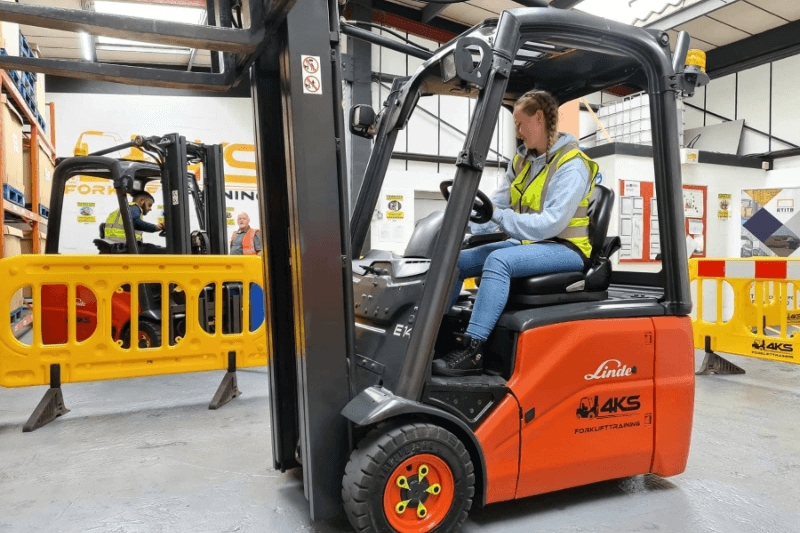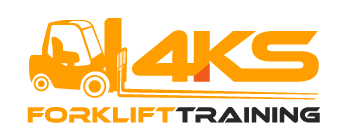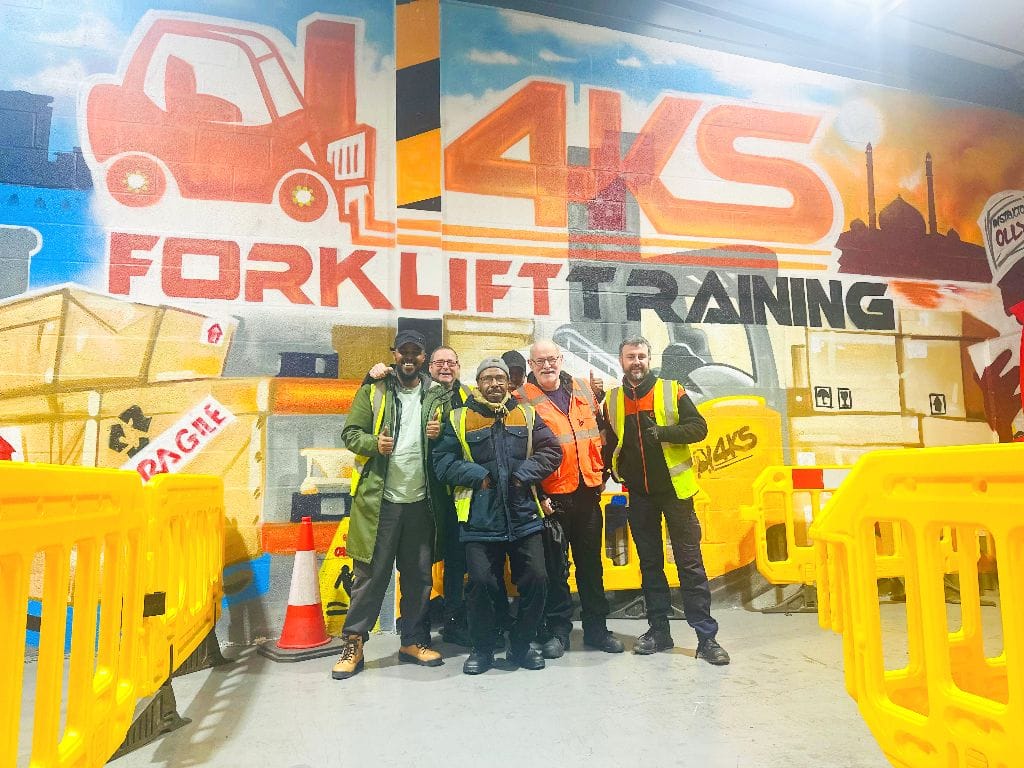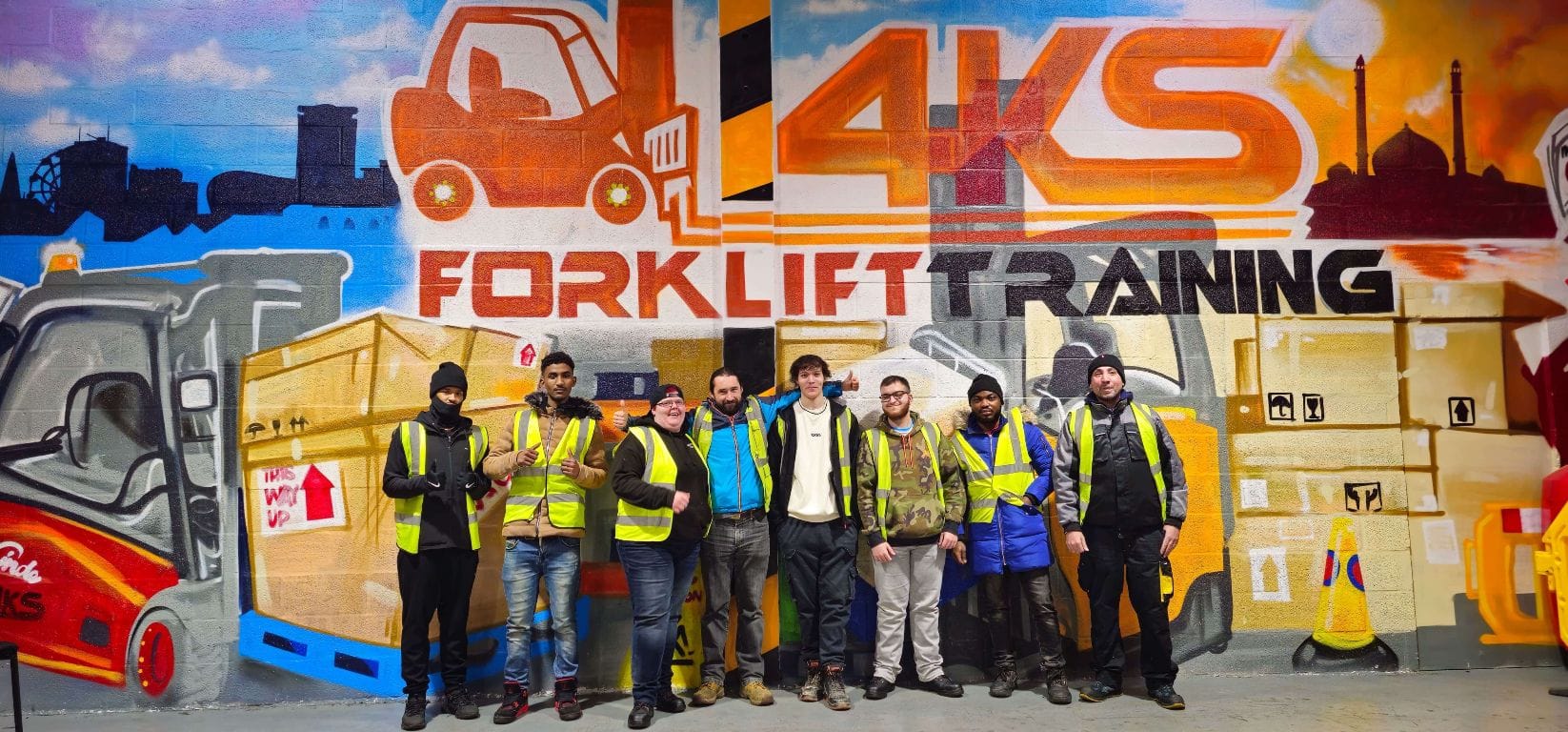
Saving your Business Time & Money with Forklift Conversion Training
Forklift Conversion Training – Fortunately, most employers now recognise that proper training is necessary for any forklift operators to use material handling equipment. However, it is often still thought that novice forklift operators only need a basic training course to cover every type of equipment they might use.
This of course is not the case, and you could in fact be unnecessarily costing your company thousands of pounds each year, by implementing your forklift training this way.
A cost and time-effective solution would be conversion training. However, many employers don’t have a full understanding of what this includes, so we’re here to answer a few questions…
What is a forklift conversion training?
Forklift Conversion training enables trained and experienced operators to extend the range of lift trucks they are qualified to drive… An operator with basic training on one type of lift truck or handling attachment cannot safely operate others, on which they have not been trained, without additional conversion training.
This is according to the L117, Approved Code of Practice for Rider Operated Lift Trucks.

This essentially means that usually, if an operator holds a forklift license on a rider operated lift truck (this is usually a counterbalance truck, or a reach truck) and is also required to operate a different type of truck, then they can take a forklift conversion course instead of starting another full novice course. This helps bridge the gap of knowledge they’d need to learn, without starting over.
A Forklift conversion training is needed for you, or your employee when:
- A trained individual is required to operate another type of equipment, or handling attachment
- The truck type itself does not change, but the size and weight of the truck changes significantly. For example, a larger or more powerful truck of the same type.
What does forklift conversion training cover?
Forklift conversion training courses include the following:- Any variations in the operating characteristics, between different types of trucks
- Handling different loads
- Truck steering
- Longitudinal and lateral stability
- Truck manoeuvring
- Any variations in the controls of the truck
- Testing the individual on their ability to operate the new truck type





